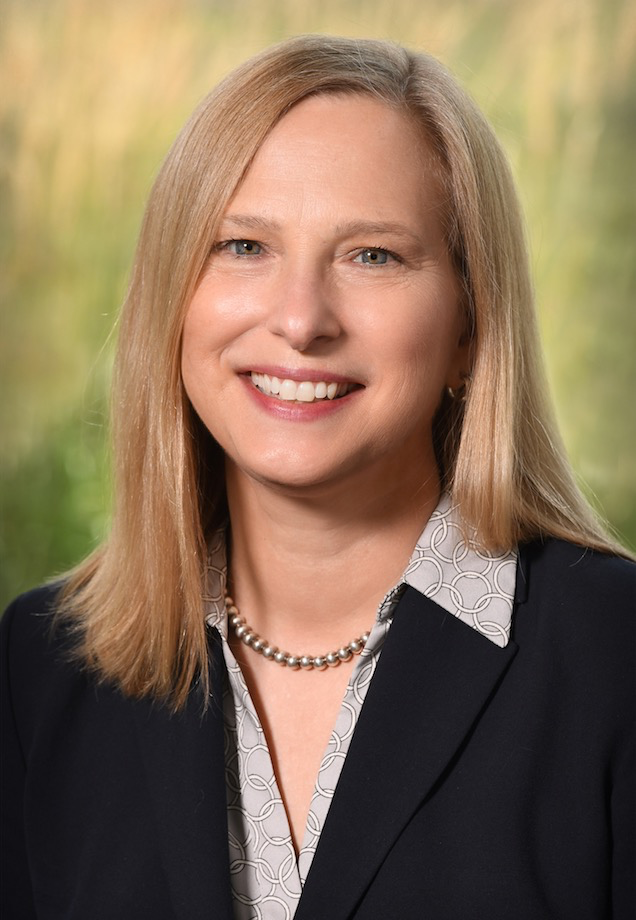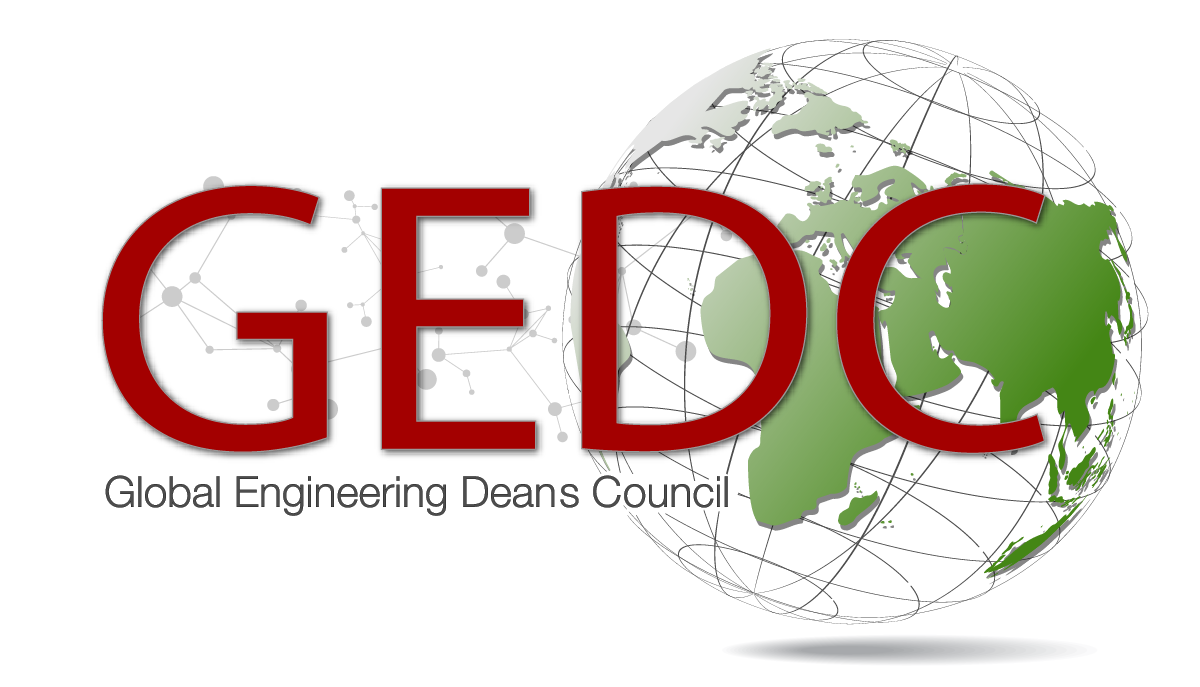The need to diversify and grow the STEM workforce to remain competitive and relevant in a global economy is well established. Research shows that improving diversity in an organization has positive effects on creativity, innovation, productivity, and financial performance.
The benefits of diversity extend to the educational environment, with diversity among students and faculty being essential to the intellectual and social development of all students. Institutions of higher education, corporations, and professional societies recognize diversification of STEM as a high priority.
The culture of STEM education culture has proven to be a barrier to diversity in terms of its impact on student interest, self-concept, connectedness, and persistence in STEM disciplines. One of the key reasons cited for students leaving STEM is the perception of a chilly climate, especially by those who are members of underrepresented groups.
This interactive seminar focuses on the pedagogical approaches to building a more inclusive environment for engineering education and will present several practical recommendations and examples for engineering educators to make their own engineering courses more inclusive.

Dr. Stephanie Farrell is the President of International Federation of Engineering Education Societies, Interim Dean of the Henry M. Rowan College of Engineering and Professor and Founding Chair of the Experiential Engineering Education Department (ExEEd) at Rowan University. Dr. Farrell has been recognized nationally and internationally for contributions to engineering education through her work in experiential learning and promoting diversity and inclusion and has been awarded over US$ 7 million to support her research.

